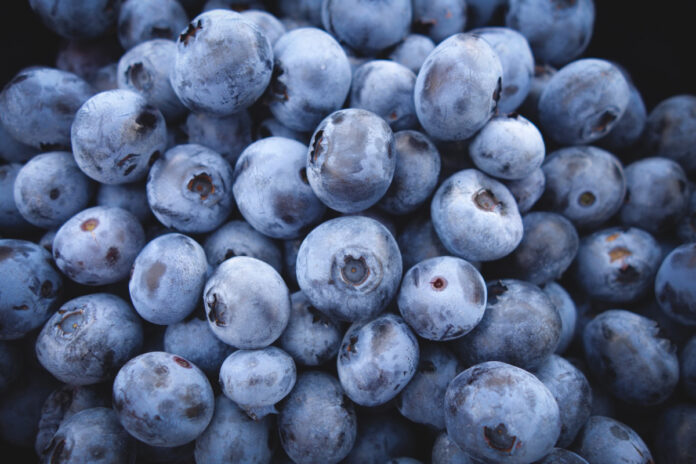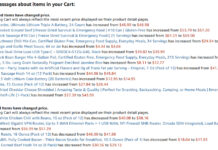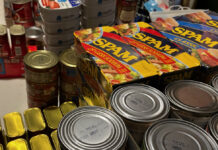First it was meatpacking plants; now it is seasonal farm workers who harvest much of the fruits and vegetables in America. It looks like the coronavirus is going to cause more harm to America’s farmers and the delicate supply chain that puts food on our tables.
Here’s what a Bloomberg article reported on May 30:
One farm in Tennessee distributed Covid-19 tests to all of its workers after an employee came down with the virus. It turned out that every single one of its roughly 200 employees had been infected.
In New Jersey, more than 50 workers had the virus at a farm in Gloucester County, adding to nearly 60 who fell ill in neighboring Salem County. Washington state’s Yakima County, an agricultural area that produces apples, cherries, pears and most of the nation’s hops, has the highest per capita infection rate of any county on the West Coast.
The outbreaks underscore the latest pandemic threat to food supply: Farm workers are getting sick and spreading the illness just as the U.S. heads into the peak of the summer produce season. In all likelihood, the cases will keep climbing as more than half a million seasonal employees crowd onto buses to move among farms across the country and get housed together in cramped bunkhouse-style dormitories.
A similar scenario happened in Singapore, which had done a terrific job in controlling the outbreak until it spread through the dormitories occupied by guest workers. Now the country’s numbers are up.
Beyond Food Availability
The sudden spread (or perhaps the sudden testing) of coronavirus infections in the farming community is interesting for several reasons beyond its impact on the food industry:
- First, it seems that farm-worker housing has joined nursing homes and meat packing plants as environments that support the spread of coronavirus. This is yet another lesson that the virus spreads easily in areas where people are concentrated.
- Second, these workers travel to and from fields in vans and buses. This raises the question: Will mass transit spread the coronavirus? Will we see an increase in New York, and if so, how will that impact our economic recovery?
- Third, it looks like anyone who started a coronavirus garden while on quarantine leave made a good decision.
Losing a portion of the annual fruit and vegetable crops in the U.S. will not have as severe an impact on hunger as losing grains like wheat and corn, but it does mean we may be paying more to eat healthy.







